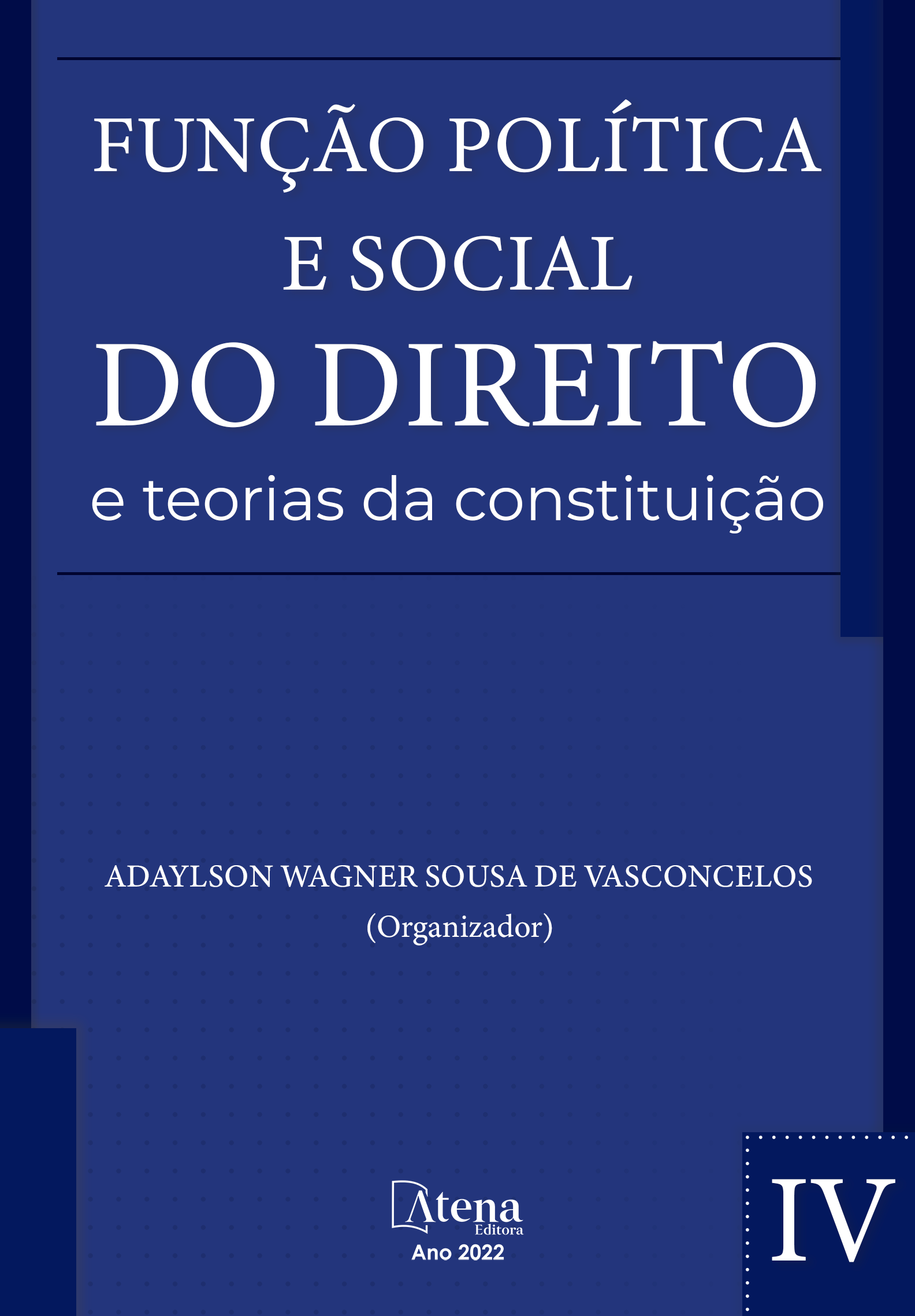
REFLEXÕES SOBRE O POSITIVISMO JURÍDICO EXCLUDENTE
O objetivo deste artigo consiste em apresentar o positivismo jurídico exclusivo como uma teoria moderna, suficientemente capaz de solucionar os problemas dos ordenamentos jurídicos atuais que demandam valores morais. No pós-segunda guerra, uma série de críticas foram feitas ao positivismo jurídico, isso porque segundo os críticos, ele se preocupava com a validade ao invés do conteúdo das normas. Com os trabalhos de Robert Alexy e Ronald Dworkin, o positivismo foi abandonado e esquecido entre os teóricos. Entretanto, os positivistas exclusivistas ainda sustentam que a conexão entre moral e direito é desnecessária por a moral ser incapaz de garantir a autoridade e a segurança que o direito requer. Os exclusivistas Joseph Raz e Scott Shapiro possuem um refinado argumento nesse sentido. Em resumo, pode-se concluir que os positivistas excludentes possuem fortes razões para propugnar por uma separação entre direito e moral. Ao contrário do que se parece, eles estão vivos no campo da teoria do direito moderna.
REFLEXÕES SOBRE O POSITIVISMO JURÍDICO EXCLUDENTE
-
DOI: 10.22533/at.ed.5372227048
-
Palavras-chave: teoria do direito; positivismo excludente; Joseph Raz; Scott Shapiro.
-
Keywords: jurisprudence; exclusive legal positivismo; Joseph Raz; Scott Shapiro.
-
Abstract:
The aim of this article is to present exclusive legal positivism as a modern theory, sufficiently capable of solving the problems of current legal systems that demand moral values. In the post-second war, a series of criticisms were made of legal positivism, because critics said he cared about validity rather than the content of the norms. With the works of Robert Alexy and Ronald Dworkin, positivism was abandoned and forgotten among theorists. However, the positivists exclusivists still maintain that the connection between morals and law is unnecessary because morals are unable to guarantee the authority and security that the law requires. The exclusivists Joseph Raz and Scott Shapiro have a refined argument in this sense. In summary, it can be concluded that the excluding positivists have strong reasons to advocate for a separation between law and morals. Contrary to what it seems, they are alive in the field of modern law theory.
-
Número de páginas: 13
- Matheus Henrique Evangelista Felício


